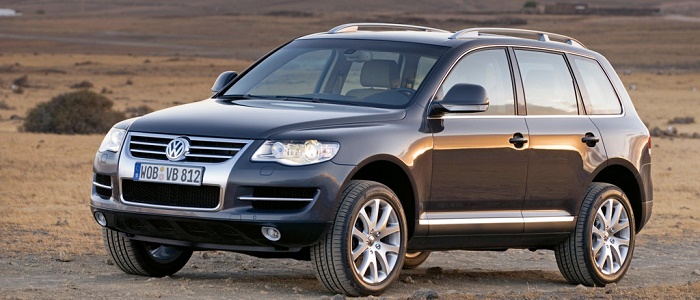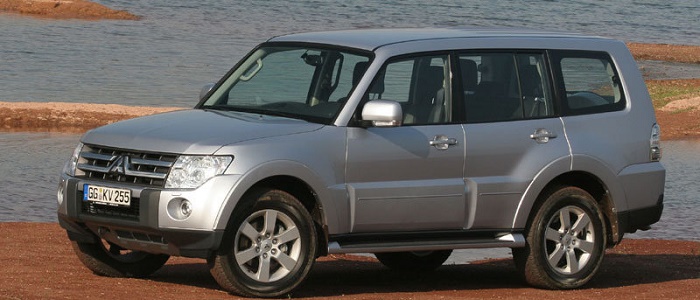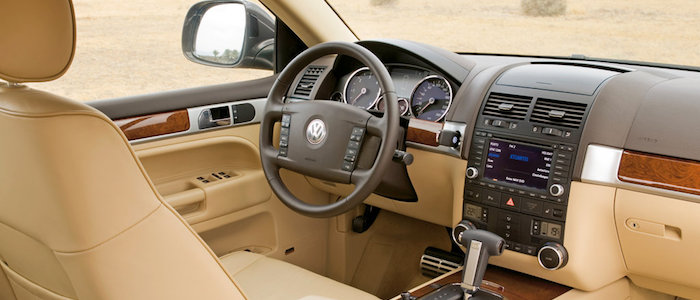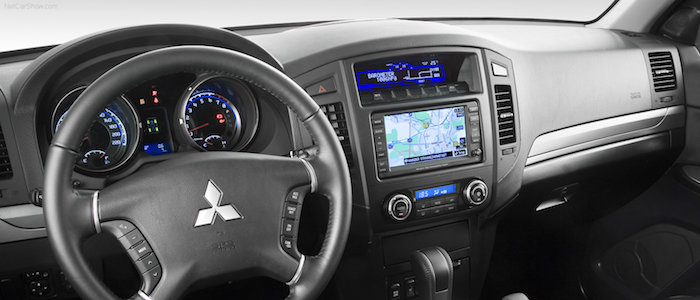Compare two cars
Compare any two cars and get our Virtual Adviser™ opinion
Marketing
Dimensons & Outlines
Engine
Performance (manual gearbox)
Performance (automatic gearbox)
Expenses
Virtual Adviser's™ opinion
Well, these are two pretty similar cars we have here! It's only details that could potentially make the difference. Considering they both belong to the suv segment and utilize the same 5-door suv body style and the 4 x 4 wheel drive system, it all comes up to the specific diesel engine choice they offer. The first one has a Audi-engineered powertrain under the hood, a 5-cylinder, 20-valves 175hp unit, while the other one gets its power and torque from a 4-cylinder, 16-valves 170hp engine designed by Mitsubishi.
SafetyThe fact that the Volkswagen got tested by the European New Car Assessment Programme (Euro NCAP), while the other contender didn't, puts it sky-high safety-wise, in my eyes at least. Still, apart from the official crash test results there are other things we need to be aware of. Both vehicles belong to the suv segment, which is generally a very good thing safety-wise, but that fact doesn't break the tie between the two cars. On the other hand, when it comes to weight, a factor that most people underestimate, the Japanese car offers a marginal difference of 4% more metal.
ReliabilityI don't like generalizing things when it comes to reliability, although it does seem that both brands display similar results in faults and breakdowns, at least on all of the models level. These are the results of an independent reasearch, while our visitors describe reliability of Volkswagen with an average rating of 4.2, and models under the Mitsubishi badge with 4.6 out of 5. The same official information place Touareg as average reliability-wise, and Pajero is more or less at the same level.We should definitely mention that owners of cars with the same powertrain as the German car rank it on average as 4.4, while the one under the competitor's bonnet gets 3.0 out of 5.
Performance & Fuel economyVolkswagen is undoubtly more agile, reaching 100km/h in 2.5 seconds less than its competitor. In addition to that it accelerates all the way to 188 kilometers per hour, 11km/h more than the other car. When it comes to fuel economy things look pretty much the same for both cars, averaging around 10.4 liters of fuel per 100 kilometers (27 mpg), in combined cycle.
Verdict
Volkswagen appears just a bit more reliable, although the difference is truly marginal. The most important thing when deciding between any two vehicles should always be safety, both passive and active. In my opinion, everything taken into account, the German car beats the other contender by far, making it the best choice without even considering other things. It all continues in the same direction, with Volkswagen being considerably quicker, thus putting more smile on driver's face. To make things even better, it consumps less fuel! All together, there's not much more to say, in this case I wouldn't even consider anything but Volkswagen. In any case that's my personal view, built upon all the data available to me. What should decide here though is the way you feel about the two vehicles, and I hope you'll find my guidelines useful in the process. I suggest you spend two more minutes in order to find out which car, based on your needs and budget, would be picked by the virtual adviser™, among thousands of similar, yet so different vehicles.


































